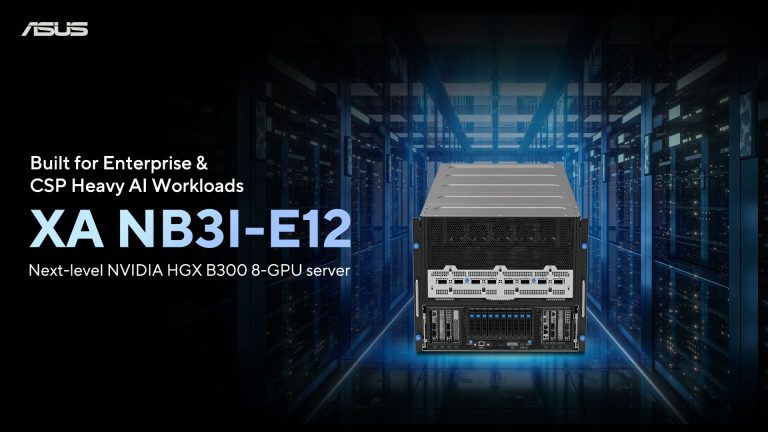The latest high-performance computing initiative from Equinix and Lenovo arrives with a kind of quiet flex only the enterprise world could love. This new HPC platform, designed for Merck KGaA, Darmstadt, Germany, blends liquid-cooled Lenovo ThinkSystem servers with Equinix’s AI-ready data center backbone. It is built to push research in life science, healthcare, and electronics without drowning researchers in infrastructure headaches. What makes it notable is how the system unifies workloads that used to live in separate silos, offering a more coherent approach to sophisticated computational tasks.
Hybrid Architecture for Modern Scientific Workloads
The platform uses a hybrid cloud model combining private and public cloud infrastructure. This gives Merck teams a flexible way to scale compute resources up or down as needed, whether they’re running AI-driven analytics or massive simulations for materials science. The system’s liquid-cooled ThinkSystem servers are built to handle extremely dense workloads while maintaining energy efficiency, a crucial factor as HPC demands continue to climb. This architecture helps eliminate bottlenecks and improves the overall pace of experimentation.
Accelerating Drug Discovery and Advanced Material Research
Merck operates across three major sectors, and each one stands to gain from the new HPC deployment. In life sciences, faster protein modeling and molecular simulation can directly shorten development cycles. In healthcare, the system helps streamline computational frameworks for drug discovery, enabling researchers to test hypotheses more rapidly. For electronics, the HPC supports research into new semiconductor materials, which require massive compute throughput to model nanoscale behavior. This single unified infrastructure helps reduce fragmentation and makes it easier for teams across disciplines to collaborate.
Sustainability Meets High-Density Computing
The HPC runs on Lenovo’s Neptune liquid cooling, which is designed to efficiently manage thermal output even under extreme loads. Combined with Equinix’s global network of liquid-cooling-ready data centers, the system maintains reduced energy consumption while delivering higher performance. The partnership takes a realistic approach toward sustainability: instead of sacrificing capability, it merges compute density with responsible energy usage. This helps Merck stay aligned with its ESG goals without slowing down innovation.
A Digital Foundation for AI at Scale
Scientific research today relies heavily on distributed datasets, multicloud workflows, and compute-intensive AI models. Equinix’s infrastructure plays a central role by providing high-speed interconnects and a neutral ecosystem for data exchange and sovereignty requirements. Merck’s new HPC integrates directly with this backbone, enabling seamless movement between training, inference, and collaborative analysis environments. This forms a modern digital foundation that supports everything from early-stage prototyping to production-scale research.
Conclusion
This initiative shows how Merck KGaA, Darmstadt, Germany, is betting big on computational innovation as a pillar of future research. Working with Equinix and Lenovo, the company gains a highly scalable, energy-efficient, and AI-optimized HPC system that cuts across its business sectors. Pricing and availability are not explicitly disclosed, but the platform’s deployment inside an Equinix data center suggests rapid operational readiness. More details about the company can be found through Equinix.
Technical Specifications
| Component | Specification |
|---|---|
| Compute Platform | Lenovo ThinkSystem HPC Cluster |
| Cooling System | Lenovo Neptune Liquid Cooling |
| Host Environment | Equinix AI-ready data center (Germany) |
| Architecture | Hybrid cloud (private + public) |
| Use Cases | Drug discovery, life science R&D, semiconductor material modeling |
| Connectivity | High-performance interconnect with global digital exchange |









